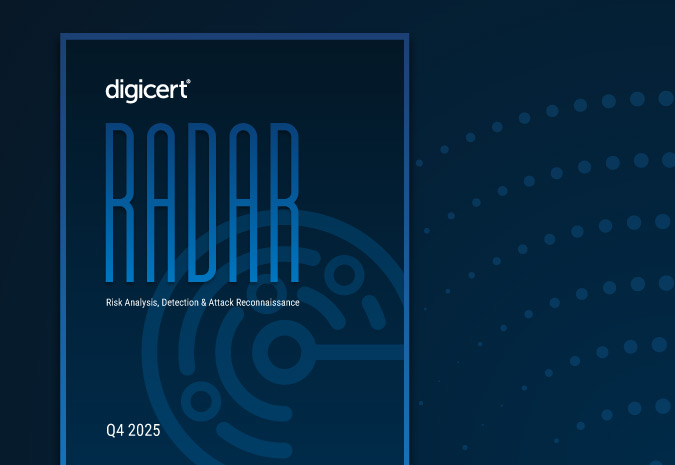.jpg)
Pre-pandemic, the sales of electric vehicles (EVs) surpassed two million for the first time ever. OEMs have invested billions to deliver the latest models, and although the pandemic has changed consumers’ habits, demand for EVs is still on the rise. EV sales are predicted to grow exponentially over the next decade in many global markets, and so are the stations used to charge them. In anticipation of this, U.S. President Joe Biden’s goal is to have 500,000 charging stations across the United States by 2030. In comparison, the United States currently has 42,000 public charging stations available.
However, there is also a growing need in every market to protect these charging stations and provide security and trust across stakeholders. Anything connected to the internet needs cybersecurity measures implemented. One of the best ways to do this is with public key infrastructure (PKI) technology, and in this post we’ll dive into why PKI is the perfect solution for secure EV charging.
Security risks of EV charging stations
While the popularity of EVs is on the rise, so are the cyber threats. Researchers have found known vulnerabilities in EV charging stations including lack of encryption and lack of authentication. In 2020, a group of engineers was able to use a low-cost spoofing device to prevent an EV from charging. Besides controlling the electricity flow, threats can also include identity theft, data alteration and malware. Furthermore, these threats can go beyond the vehicle itself and compromise the station, charge point operators and even distribution system operators.
Additionally, besides security, EV charging systems need to provide seamless operability for consumers who want an automated experience. Consumers don’t want any lag or to have to reenter credentials. Thus, creating a seamless connection is also key to streamlined EV charging stations.
Finally, EV charging solutions must provide trust for the OEM, charging manufacturers, regulators, consumers and utility providers involved. Creating trust across stakeholders is essential for a secure EV charging system.
As the number of vehicles increases and the threats of EVs increase, it presents a perfect storm that can leave the EV industry vulnerable. The perfect potential solution to that storm is PKI.
Why PKI for EV charging
PKI addresses all the needs of EV charging stations by providing trust across multiple industry stakeholders, seamless interoperability and security. PKI offers strong mutual authentication, payment integrity, a secure distribution of energy, secure over-the-air updates, trust across stakeholders and, ultimately, the seamless interoperability that EV charging stations need.
From user authentication to data integrity, PKI can secure the EV charging process from end to end. With PKI, data in transit between the station and vehicle can be encrypted, and integrity can be maintained for any firmware updates or charging transactions. Plus, PKI can authenticate station to vehicle, network, service provider and even station-to-station, offering trust across platforms.
PKI can secure EV charging from the growing complexity and threats while providing connectivity and trust across stakeholders.
As a global leader in PKI, DigiCert has been invited to design and develop a global infrastructure of PKI for EV charging. Two years ago, we developed a whitepaper with our partners Eonti and ChargePoint that pointed out some of the shortcomings we noticed in the current standard, ISO 11518. Since then, we’ve been selected by the Society of Automotive Engineers (SAE) to develop PKI security solutions for EV charging in combination with the industry’s leading OEMs. As the industry is seeking a better solution for securing EV charging, we’ve been brought in to architect and design a solution that will scale globally. We will continue to innovate new solutions and utilize our existing solutions, like DigiCert® IoT Trust Manager, which makes it easy to manage a growing network of PKI and devices, to make this vision possible.
DigiCert IoT Trust Manager
IoT Trust Manager provides a comprehensive, automated workflow for companies to manage their IoT devices with certificate-based security, during manufacturing and at the edge. It offers the scalability, flexibility, control and efficiency required for a network of connected devices. Administrators can monitor the entire certificate lifecycle, facilitate secure updates, customize metadata about the device within certificates and remain compliant.
Rather than building and maintaining a self-managed PKI, IoT Trust Manager automates PKI deployment, making it easy to manage a large network of devices. Admins can customize permissions and access control to segment administration for different user groups. Because IoT Trust Manager is part of DigiCert ONE™, it has the flexibility to be deployed on-premises, in-country or in the cloud to meet stringent requirements, custom integrations and airgap needs.
To learn more, watch our in-depth webinar on secure EV charging, visit digicert.com/iot-trust-manager or email Iot@digicert.com.





